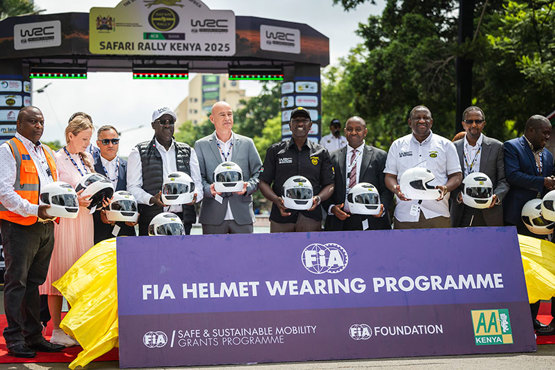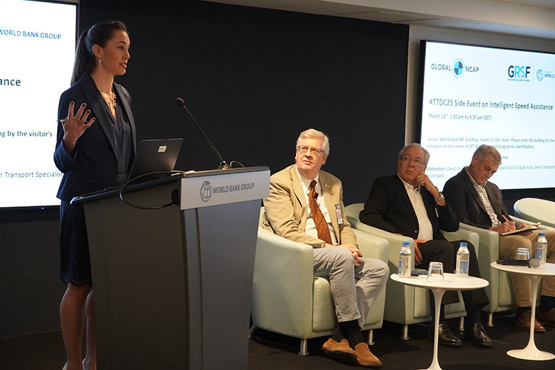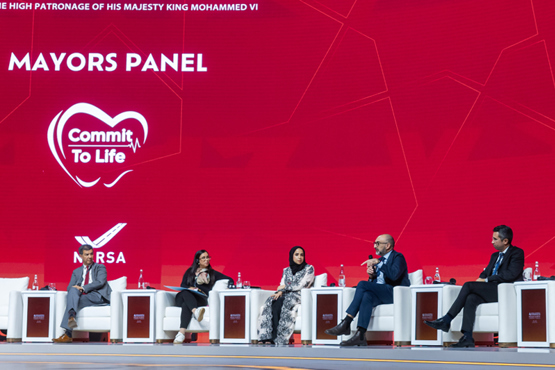Strategy 2030 – how the FIA Foundation is gearing up for the Global Goals
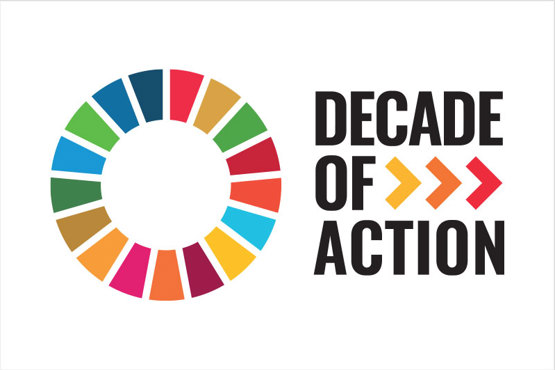
As the international community embarks on a critical decade for sustainable development and the Climate, the FIA Foundation has finalised its plans to contribute to the global effort to meet the Sustainable Development Goals.
At a meeting on 3rd March 2021, the charity’s Board of Trustees signed off on the fine details of an initial five year, circa €100m, programme to 2025, in which the Foundation seeks to match its resources to significant and neglected public policy challenges, while supporting efforts to ensure that the original source of our funding – motor sport – maintains cutting edge standards of safety.

FIA Foundation Chairman, Lord Robertson of Port Ellen, said: “More than a million people die every year in road traffic crashes, while air pollution contributes to the deaths of several million more. Tens of millions of people suffer debilitating injury or illness. Yet this road traffic ‘pandemic’ is preventable, and many more would be lost without the safety improvements that have already been put in place to slow down traffic, to enforce protective measures such as crash helmets and seat belts, to require safer design of vehicles and roads, and to reduce toxic emissions. Our new FIA Foundation strategy aims to help accelerate practical delivery of these proven life-saving actions, in partnership with some of the leading experts in the field.”

There are six key objectives toward which the Foundation seeks to contribute:
- Widespread adoption of the Safe System approach to road safety, and significant progress towards the 2030 SDG target to halve road traffic death and serious injury;
- Safe and healthy journeys to and from school for every child, integral for safe roads, clean air and climate action;
- Achieving WHO clean air guidelines for urban areas
- Accelerated transition to low/zero carbon mobility, achieving Global Fuel Economy Initiative targets;
- Safe, sustainable and accessible motor sport;
- Sustainable and equitable funding for safe roads, air quality and adolescent wellbeing.

Alongside continued significant core support for the major global Safe System initiatives, the Global New Car Assessment Programme (Global NCAP) and the International Road Assessment Programme (iRAP), the Foundation is establishing a Motorcycle & Micromobility Initiative, with an initial focus on supporting the FIA’s new Safe & Affordable Helmet Initiative with funding for helmet production and supply, and policy support in target countries. This builds on our decade-long support for motorcycle initiatives in South East Asia with AIP Foundation. There is also scaled-up funding for delivery of iRAP’s Star Rating for Schools initiative, as one flagship activity - alongside motorcycle helmet safety and tackling distracted driving - for the FIA Road Safety Programme delivered by automobile clubs across the world.

A new, multi-million euro, Advocacy Hub is being established within our Child Health Initiative to deliver the FIA Foundation’s and Child Health Initiative’s Manifesto 2030 for Children, Youth and Climate, focusing on liveable urban streets where people are prioritised before cars and trucks. Low speed, by design, is at the core of this agenda and project partners have been identified to deliver the ‘speed vaccine’ through policy change advocacy. The new initiative will see emphasis on supporting and empowering young people and local NGOs. Linking and demonstrating improvements in walking and cycling infrastructure to carbon savings will also be an important element of the Advocacy Hub. This work will contribute to the UN’s new ‘Streets for Life’ movement and be promoted through our This Is My Street campaign.

Alongside our continued partnership with the UN Environment Programme, and our collaboration with other philanthropies in the Clean Air Fund, the Foundation is continuing to build our real urban emission initiative, TRUE, in partnership with the International Council on Clean Transportation. Following successful pilots in London and Paris, which have helped to guide more targeted and effective policymaking, the TRUE Initiative is expanding worldwide, with regional activities focused particularly on measuring real world vehicle emissions in megacities of the Global South. The Foundation is also supporting elements of the FIA’s ambitious new environment strategy.
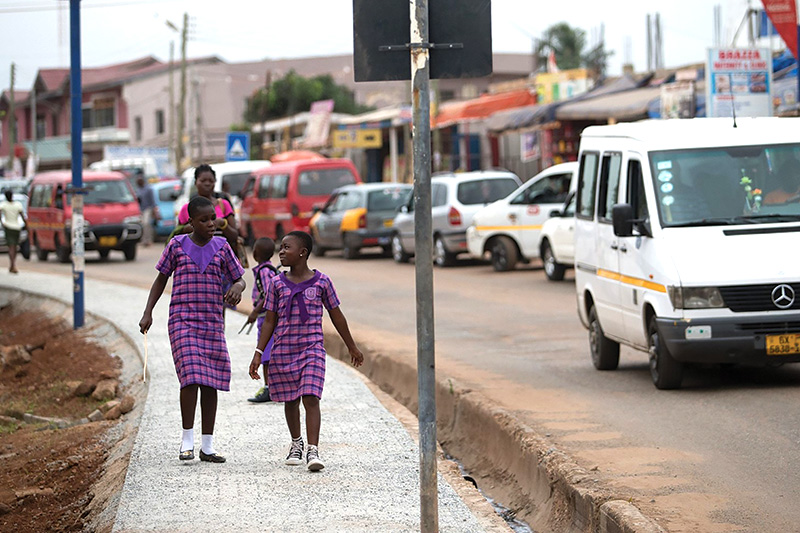
At least a billion new cars could drive on to the world’s roads in the next decade. Avoiding much of this growth is vital for the environment, by encouraging a shift to more sustainable modes. For example, in recent years the Foundation has led pioneering work on women in transport, commissioning research and tools to understand barriers discouraging women from using public transportation and arguing for women to have a stronger voice in policymaking. Under our new strategy this work will expand. But improving the fleet is also crucial. The Board recommitted to the vision and work of the Global Fuel Economy Initiative, hosted at the FIA Foundation, and its increasing focus on electrification. GFEI is now working with more than 100 countries to assist with fuel efficiency and electrification strategies, an essential contribution to Climate Action.

The Halo, debris fences, wheel tethers, accident data recorders, HANS system for head and neck restraint, F1 crash testing: these are just a few of the life-saving safety outcomes for motor sport for which research funding has been provided by the FIA Foundation. Behind this high-profile safety technology are layers of circuit design management, rally safety management, race marshal training, extrication training and medical support which the Foundation funds through grants to national sporting associations (ASNs). We are supporting the FIA’s ‘Vision Zero’ for no deaths or serious injuries in motor sport, while also exploring opportunities, through a new dedicated research fund, to take relevant sport technology and medical advances from ‘Track to Road’.

Sustainable financing of road traffic injury prevention is a prerequisite for achieving the ’50 by 30’ casualty targets of the new Decade of Action for Road Safety to 2030. Catalytic international financing needs to be scaled up, which is why the Foundation helped launch the Global Road Safety Facility in 2006 and the UN Road Safety Fund in 2018, with essential seed funding for both. National road safety financing also needs to be increased, or re-focused. Through our continuing support for the FIA High Level Panel on Road Safety, the Foundation has funded the development of regional road safety observatories, to provide the data underpinning advocacy, and is enabling the viability of various new funding mechanisms to be explored. Through the Adolescents 2030 campaign we have led the call for a UN summit for youth, and are helping to develop action frameworks, including on road traffic safety, to address the major health, well-being and social issues affecting young people with the aim of attracting coordinated and elevated funding for youth.

For more about the principles underpinning the FIA Foundation’s new Strategy 2030, please see here.
